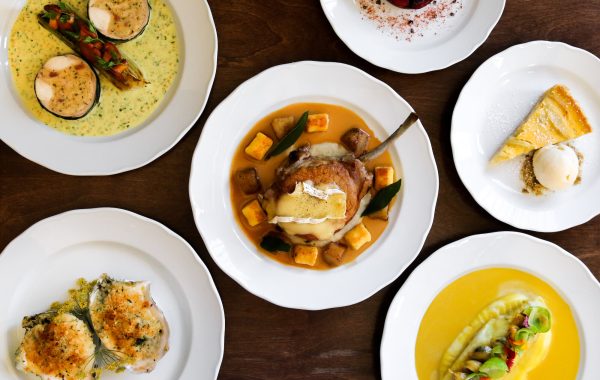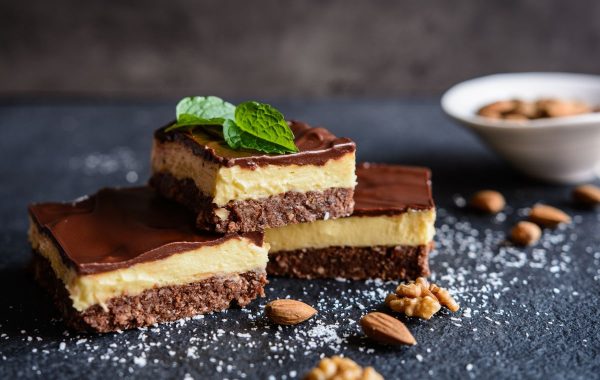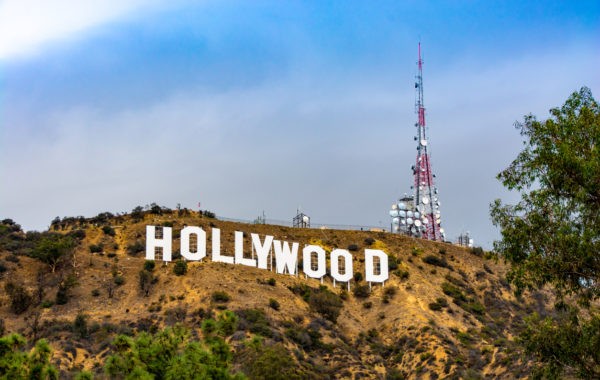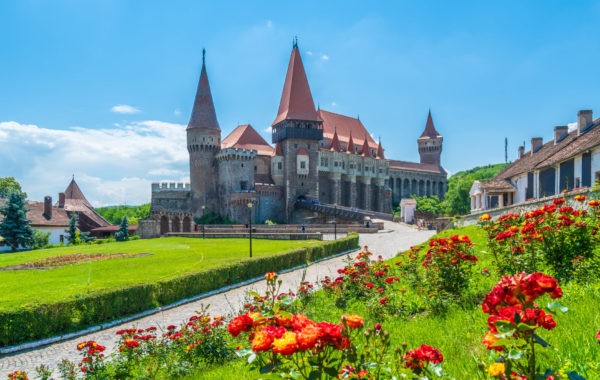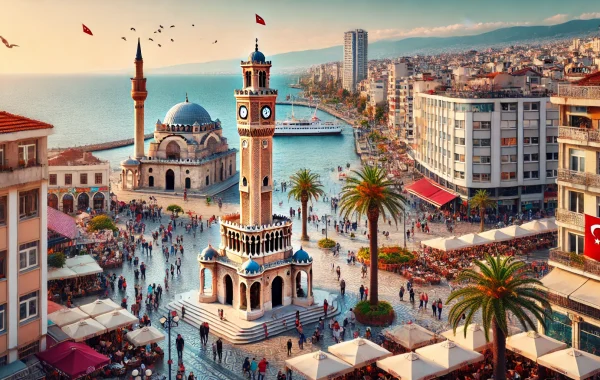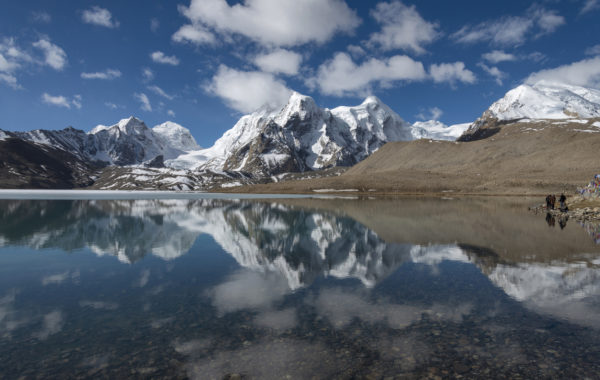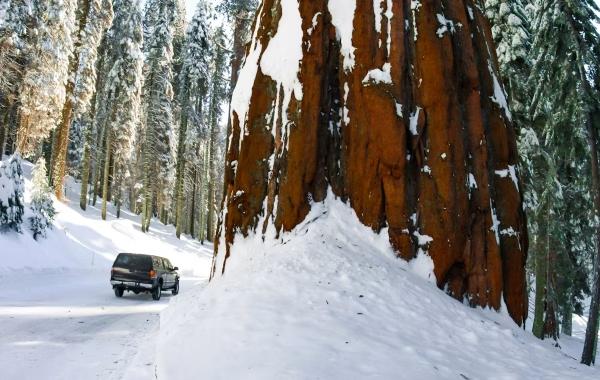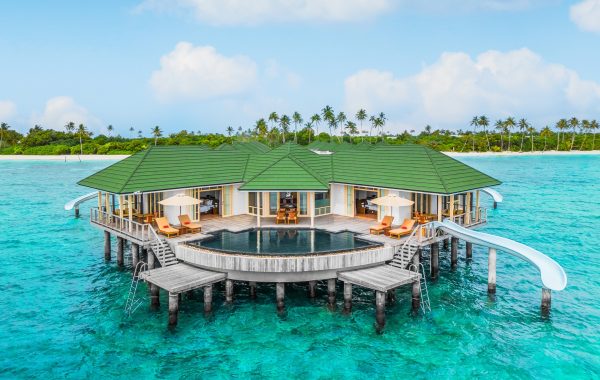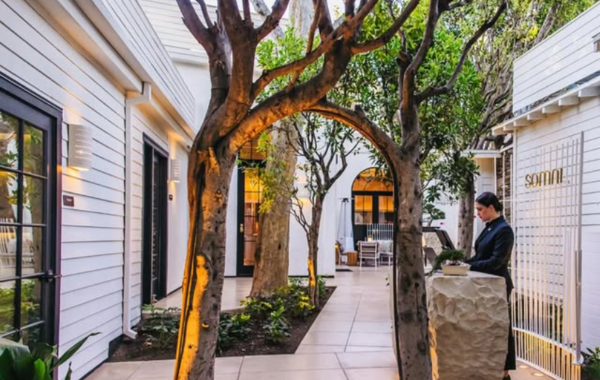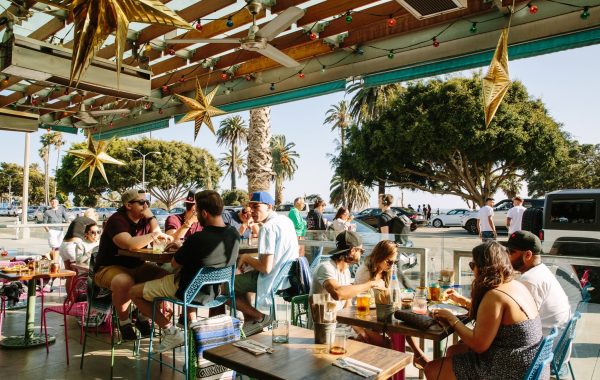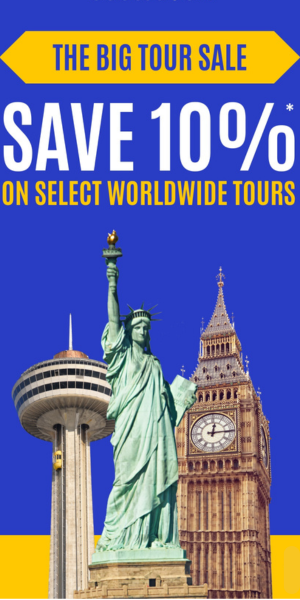The Curious Charm of Vancouver: Tree-walks and tangerine roses, seagulls and old towns—Vancouver’s loveliness lies in the little things.
From the sea plane, I could spot the treetops that I’d later identify as the foliage in Stanley Park, followed by rows and rows of skyscrapers. It was a 40-minute ride from Victoria that had brought me to Vancouver, a two-day stop on my trip to Canada early last year. Time was scant and my enthusiasm soaring, so lashings of cold July rain did nothing to alter my itinerary. Armed with an orange raincoat, I was out to explore—on foot, occasionally hitching rides in state transport buses.
DAY 1
A Walk in the Clouds
I’d first heard of the Capilano Suspension Bridge almost a decade ago, a passing reference in my psychology class with regard to a 1970s experiment. And here I was, walking the wobbly, 450-foot-long bridge, hanging resolutely at 230 feet! The bridge, over 128 years old, and a 15-minute drive from the town centre, was filled with tourists. Some were holding umbrellas, some clutching onto rails—the braver kind taking selfies against the jade tapestry of douglas firs and below, the Capilano River. If the 10-minute walk was slightly unnerving, what awaited on the flipside—a tiny baked goods shoppe called Dr. Wood’s Cabin—offered sweet solace. Warm mugs of hot chocolate and cookies relished, I was ready for the rest of the trail. This comprised the Treetops Adventure, a series of smaller suspension bridges through a thick canopy. Moving from one fir to another, I fancied myself to be a squirrel, at home among trees, many of which are over 250 years old. (www.capbridge.com; Adults $46.95/Rs2,460, free for children under six.)
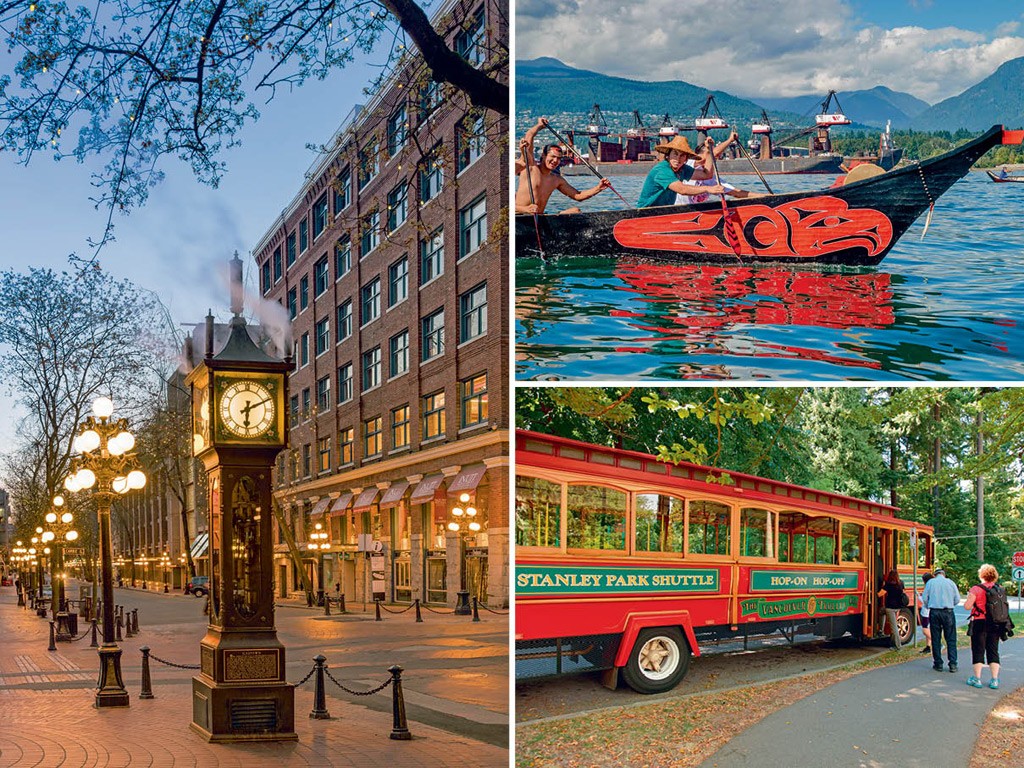
DAY 2
The Name’s Stanley
The next day, Gray Line’s Hop-On Hop-Off bus stepped up by helping me cram in the city sights. Having boarded one from near the Century Plaza Hotel at Burrard Street, I was at my first ‘hop off’ stop in 10 minutes. Stanley Park, at a glance, reminded me of New York City’s Central Park—large swathes of urban green with monuments, walking trails and even some wildlife tucked inside.
At 1,000 acres, the area is certainly larger than Central Park. Most of my time inside was spent at the fragrant rose garden. Established in 1920 by the Kiwanis Club of Vancouver, the garden holds over 3,500 rose bushes in 25 varieties. I allowed myself some gloriously carefree rolling around in the grass, surrounded by purple and tangerine blooms. Lying there, looking up at the sky, fallen petals scattered around me, I knew. Vancouver was starting to seep into my heart.
Later, I took the bus around the park’s outer front, making a stop at Prospect Point, which overlooks the Lions Gate Bridge, North Shore Mountains and the jean-blue waters of Burrad Inlet. (www.grayline.com; 24-hr pass from $39/Rs2,015.)
Island Amble
Soon, a neon red sign welcomed me to Granville Island. While I took a bus to the peninsula wedged between Flase creek on three sides and South Granville on one, you can also avail the services of The Aquabus and the False Creek Ferries.
The Granville Island Public Market, bursting with fresh farm produce, handicrafts and sundry maple merch, caught my attention almost immediately. After eyeballing the kingdom of maple syrup, maple butter, maple cookies, maple candies—pretty much everything starting with the word maple—I bought enough of the sticky-sweet goodness to feed an army. Anything otherwise would be a crime. Lunch was swift but sumptuous at Edible Canada. My avocado was served on grilled country bread, sprinkled with green chilli and chunks of feta. For mains, I picked crispy Humboldt squid, with garlic yoghurt, mint and lemon.
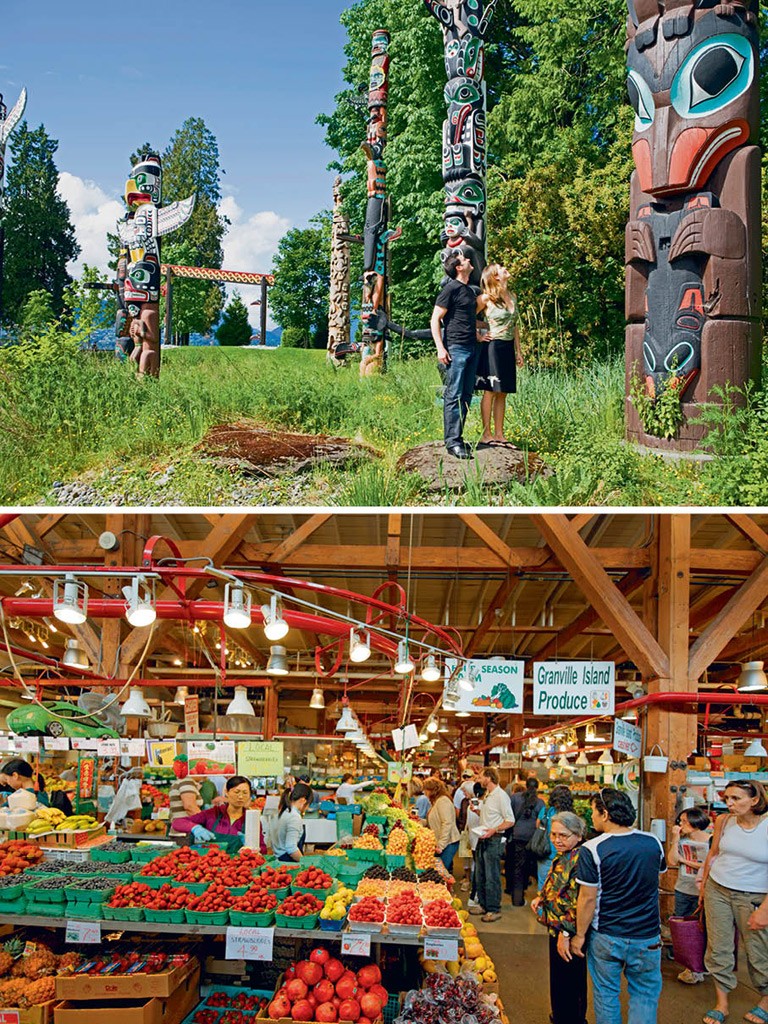
But my lasting memory of Granville Island was the scent of baked goods, which, along with its whirl of colours, made me feel like Christmas had come early. I was grateful to not have my newly-bought loot snatched away by an over friendly squabble of seagulls. The neon store signs, packed-to-the-rafters display windows and excited day trippers’ bustle—Granville had lodged roots in my mind as a little pocket of permanent holiday cheer. (granvilleisland.com)
Street O’Clock
I was welcomed to Gastown—Vancouver’s oldest neighbourhood and my final stop in the city—by the statue of ‘Gassy’ Jack Deighton, a Yorkshire seaman who arrived in the area in 1867 to open the neighbourhood’s first saloon (bar). Deighton’s slight frame stands opposite Hotel Europe, a building designed in the Flatiron style. The neighbourhood, home to some of the city’s best Victorian Italianate, Romanesque and Edwardian Commercial architecture, was declared a National Historic Site in 2009.
For me, Gastown exuded a quiet, quaint charm with its cobblestoned streets, vintage architecture, decor boutiques and the famed Gastown Steam Clock. I walked by the clock right on time to watch it emit a puff of steam. In that moment, I wished I had more time. I’d explore Gastown’s bars, shops and tiny eateries, standing cheek-to-jowl, as I sip on some Cariboue, watching Vancouver’s daily milieu blitz by. Perhaps another time.
For latest travel news and updates, food and drink journeys, restaurant features, and more, like us on Facebook or follow us on Instagram. Read more on Travel and Food Network
Trending on TFN
Explore Utah’s Mighty 5® and What Lies in Between
Five Epic U.S. National Parks To Visit This Year
Although she is a copywriter by profession, Ishani loves writing longer sentences and harp on all kinds of details. She has worked with multiple brands for social media strategy, written longer editorial pieces as well and would ideally love to quit it all to travel the world. Until she can, she believes, “ words are all I have..”






